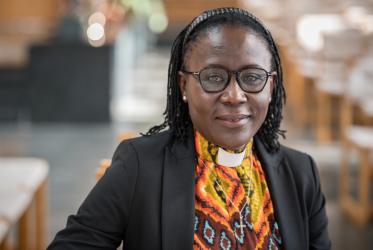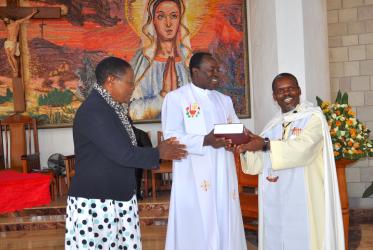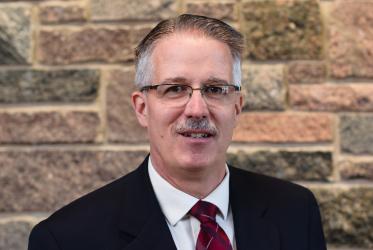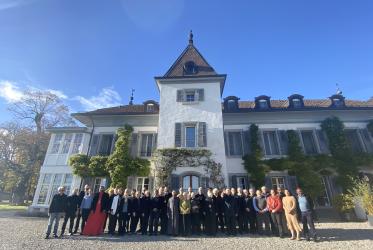Displaying 61 - 80 of 163
HIV and AIDS Civil Society Networks and the Faith Sector
Lessons Learnt from Strategic Engagement in India, Dominican Republic, Indonesia, and Jamaica
31 January 2023
Towards a Global Vision of the Church Volume I
Explorations on Global Christianity and Ecclesiology, Faith and Order Paper 234
14 November 2022
Assembly workshop looked toward ending AIDS epidemic by 2030
19 September 2022
Ukraine: Responding to humanitarian need
08 September 2022
Called to Transformation - Ecumenical Diakonia
09 June 2022














